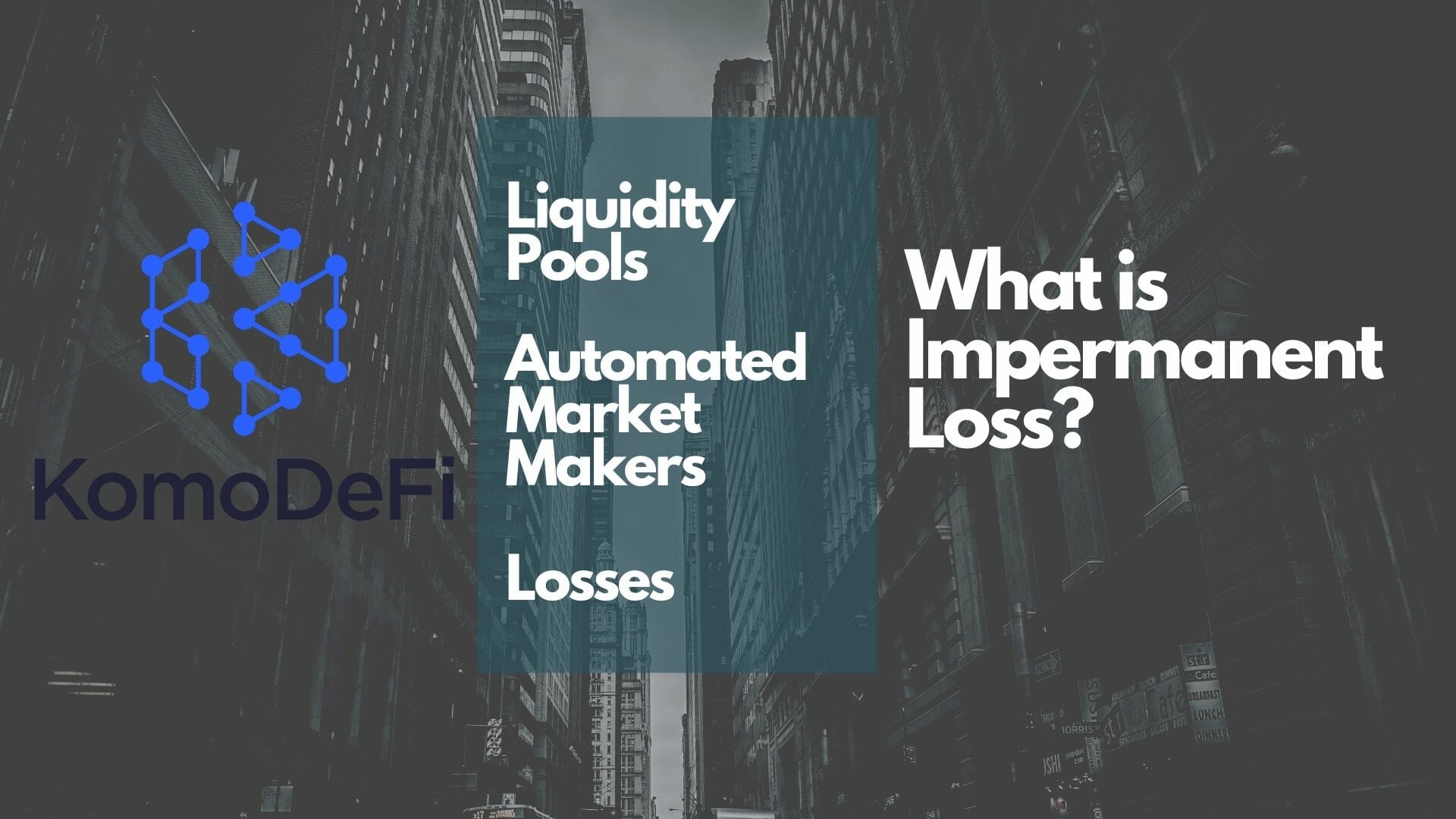
When you are investing assets to earn interest or profit this is the first thing that comes to mind Impermanent loss refers to the price change in your asset when invested vs now. In other words, it is temporary.
The difference between the original price (at the time of investing) of your asset vs the current market value is called Impermanent loss.
This means less dollar value for the number of assets invested. Cryptocurrencies are the most prone markets to impermanent losses.
The most prone type of markets for suffering impermanent losses are AMM markets. When you provide liquidity to liquidity pools and the price changes you suffer impermanent losses. These losses are temporary but affect the interest rates and face value of assets.
The bigger the change in price, the bigger the impermanent loss. This means that the amount of profit you earn on trading fees for providing liquidity can also change in some markets.
If you are a long-term investor, there is not a lot to worry about. Impermanent loss is temporary due to market unrest and once the market is on the bull run again, the impermanent loss can become profitable in the long term. So fixed deposits and safe assets are welcome.
Impermanent loss can be somewhat covered back in trading fees. For example, uniswap provides a 0.3% fee directly to the liquidity provided. If the value of the asset has decreased it can be covered to some extent with profit earned. This depends on the number of trades for a specific token or coin.
Stable coins and penny coins usually have a stable price range. Stable coins are really stable, most of these coins remain at $1 value for months. Huge market unrest may decrease the value only by 2 to 3 cents. These coins are always backed by most investors and considered really safe approach for both long and short-term investors.
This is one of the fundamental concepts that anyone willing to invest should know. Always look for tried and tested Automated market makers. The increasing number of DEFI platforms also bring increasing flaws in their contracts, due to lack of originality or urge to launch uncatered product.
